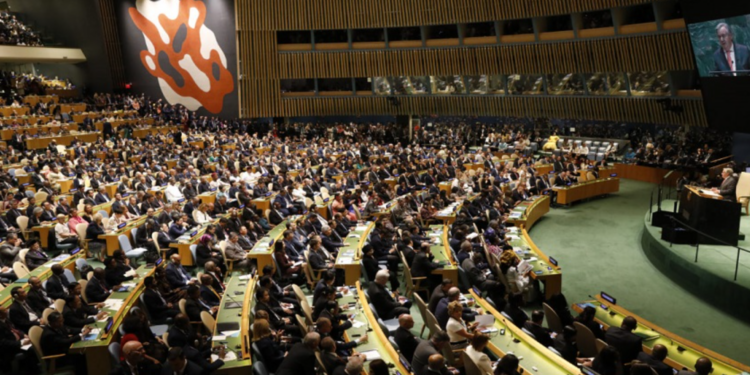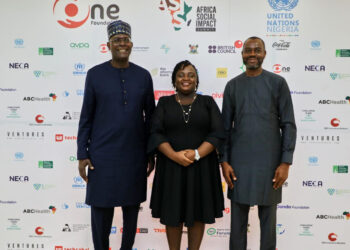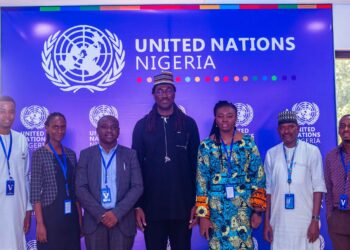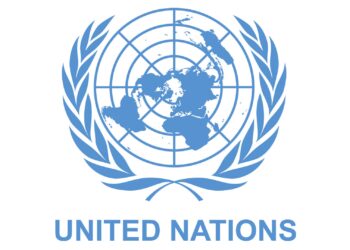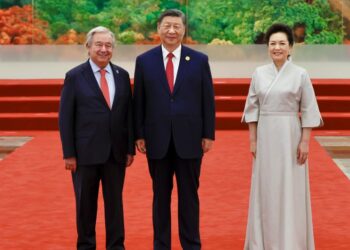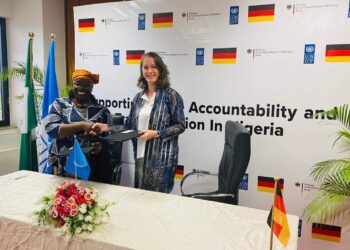India has urged for reforms aimed at incorporating African representation into the UN Security Council, providing a platform for the continent to express its views.
The News Agency of Nigeria reported that this call was made by Subrahmanyam Jaishankar, the Indian Minister of External Affairs during the 78th Session of the UN General Assembly in New York on Tuesday.
He emphasized the need to address global challenges with the understanding that we are all inhabitants of the same planet, sharing a common destiny.
- In his words, “We must address global challenges imbued with the conviction that we are one earth and one family, with one future.”
India’s call for diplomacy, dialogue, and a changing global order
Jaishankar reflected on the recent G20 Summit, where India prioritized the concerns of the many over the narrow interests of the few. He stressed the importance of diplomacy and dialogue, especially in a world marked by sharp East-West divisions and deep North-South disparities. He asserted that the days when a select few nations dictated the global agenda were behind us.
What he said:
- “At a time when East-West polarisation is so sharp and North-South divide so deep, the New Delhi Summit also affirms that diplomacy and dialogue are the only effective solutions.
- “The international order is diverse, and we must cater for divergences, if not differences.
- “The days when a few nations set the agenda and expected others to fall in line are over.”
The Indian envoy highlighted the outcome of the G20 Summit, including actions for Sustainable Development Goals (SDGs), environmental initiatives, reforms in international financial institutions, and the admission of the African Union as a permanent G20 member. Jaishankar saw this move as finally giving a voice to an entire continent that had long-deserved representation and used it to call for reforms in the UN Security Council.
His words:
- “By doing so, we gave voice to an entire continent which has long been its due,” he said, and in that context, urging reforms to the UN Security Council.
- The Indian envoy said that days when a few nations set the global agenda and “expected others to fall in line” were over, noting that we often advocate the promotion of a rules-based order.
- “From time to time, respect for the UN Charter is also invoked.
- “But for all the talk, there are still a few nations who shape the agenda and seek to define the norms. This cannot go on indefinitely. Nor will it go unchallenged.”
India’s Global Inclusive Leadership Vision
The Indian minister Jaishankar argued that it was no longer acceptable for a few nations to shape global agenda and norms. He emphasized the importance of rules-based international order and the need to respect the UN Charter.
Furthermore, he addressed the issue of structural inequalities and uneven development, exacerbated by the COVID-19 pandemic and ongoing conflicts. He acknowledged that many countries, particularly in the global South, faced several challenges in securing resources for sustainable development and making economic ends meet.
The minister also mentioned India’s aspiration to be a leading global power, emphasizing that this ambition was not driven by self-aggrandisement but by a desire to take on greater responsibility and make significant contributions to global wellbeing.
His words:
- “When we aspire to be a leading power, this is not for self-aggrandisement but to take on greater responsibility and make more contributions.
- “The goals we have set for ourselves will make us different from all those whose rise preceded ours.”

